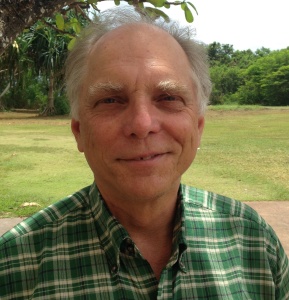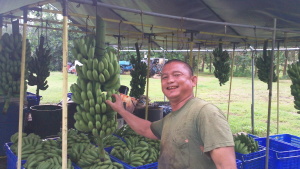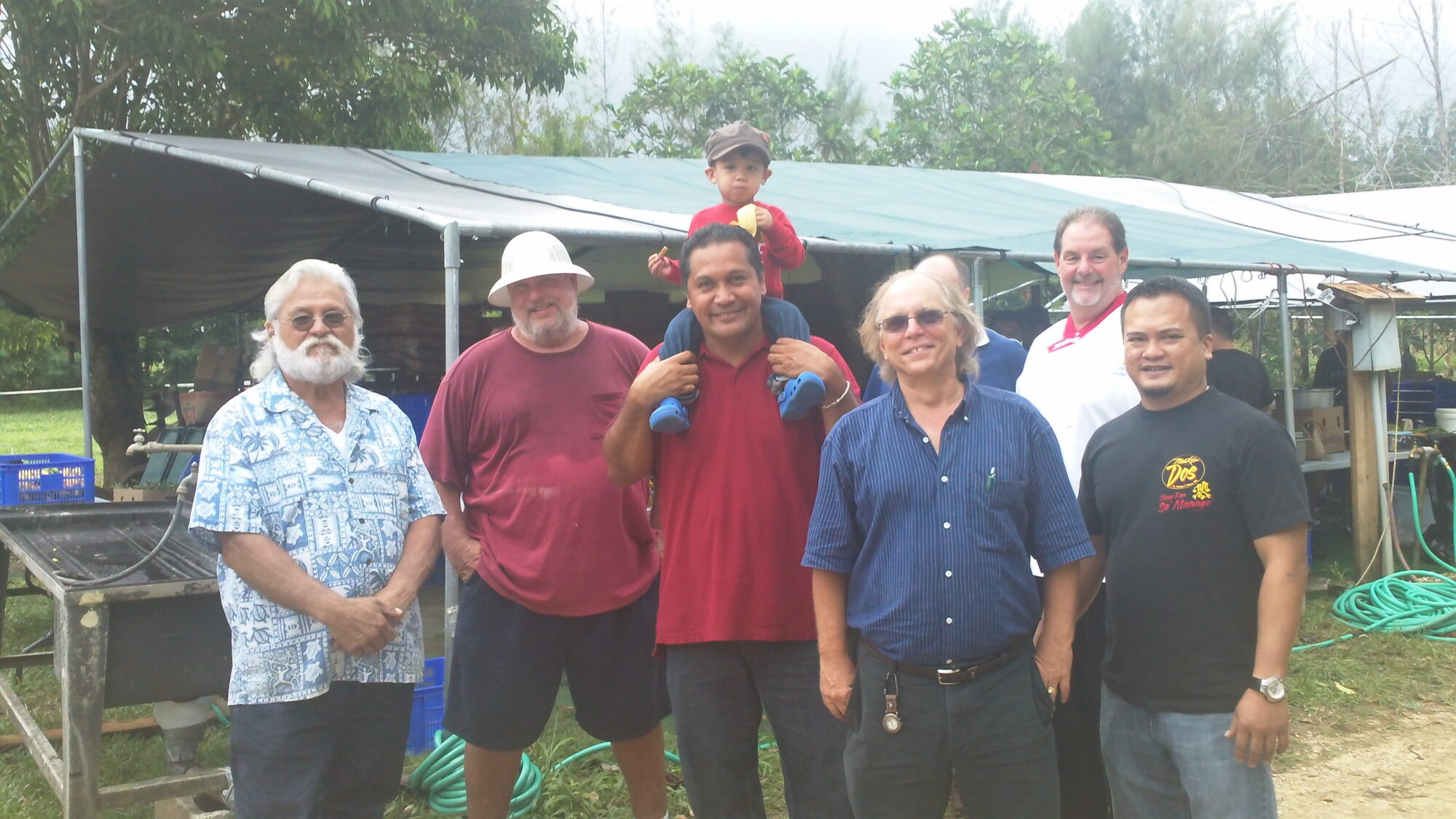By Kevin Tano, Triton’s Call Staff
The University of Guam Cooperative Extension Service was created in 1972, and since then, its professionals and staff assistants have devoted their time and expertise in providing non-formal education programs and projects to island residents.
Being the nation’s largest non-formal outreach education system, CES has overseen various community-based programs such as the Children’s Healthy Living Program, which promotes healthy eating and physical activity for the prevention of young child obesity. Other programs organized by CES have included, The Coconut Rhinoceros Beetle Project, which focuses on the management and prevention of this invasive species, and Food Product Development and Training , which encourages the use of locally grown produce, to name a few.

“Every extension faculty does this type of need assessment where we’re constantly getting community feedback on what the needs are, and we develop educational programs,” said Bob Barber, a UOG cooperative extension and outreach Extension Specialist.
The CES participated in activities such as the Maila’ Ta Fan Chesa, translated in English to “Come and have snacks.” This culinary event promotes the use of produce that are locally grown. The sole purpose of this event is to support the island’s local farming community and gain awareness of the type of fruits and vegetables provided year round.
More recentl y, CES has trained land-trusts owners how to farm, and have also instructed a core of people who could benefit from the process of food preservation.
y, CES has trained land-trusts owners how to farm, and have also instructed a core of people who could benefit from the process of food preservation.
“A lot of people say we have surpluses sometimes, what do we do,” Barber said. “So we taught them canning, pickling, making jellies.”
The Master Food Preserve program, also organized by CES, has provided its participants with various techniques on how to preserve food grown in their own gardens. This knowledge is then passed down to others who share the same interest.
Barber said this year they will be working on a new farmer programs with its primary focus on the veterans of these groups.
In the future they plan to have workshops for people who are interested in starting their own farm–whether it’s for personal or marketing purposes–and help train them to become more sustainable farmers.

